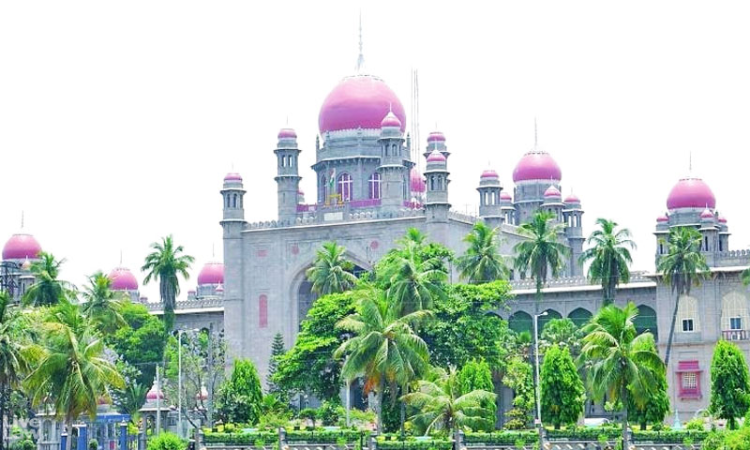The Telangana High Court has observed that the police officers have no power to detain or seize vehicles on the ground that the person driving was found in an intoxicated condition. Justice K Lakshman was dealing with a bunch of pleas concerning the power of Police Officers to seize the vehicle from its driver or rider, who remains in an intoxicated condition.Interpreting various...

